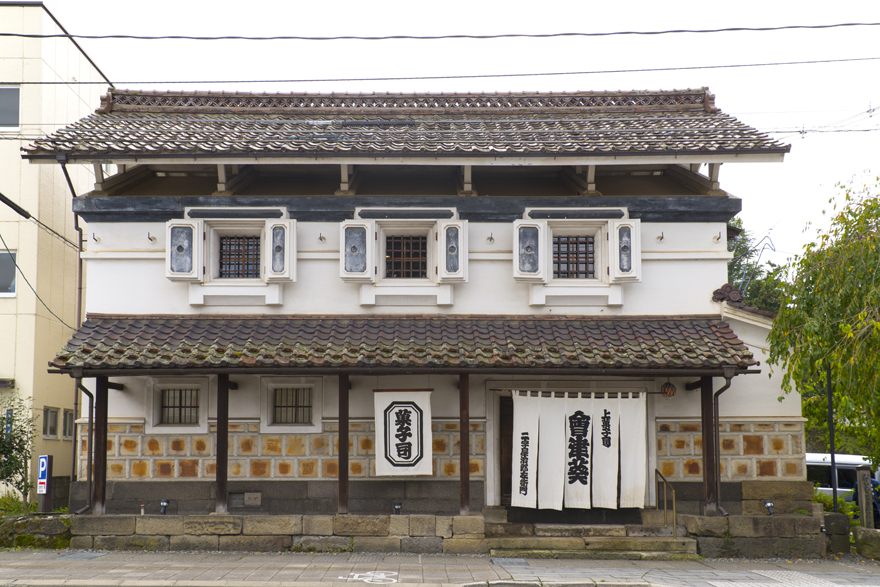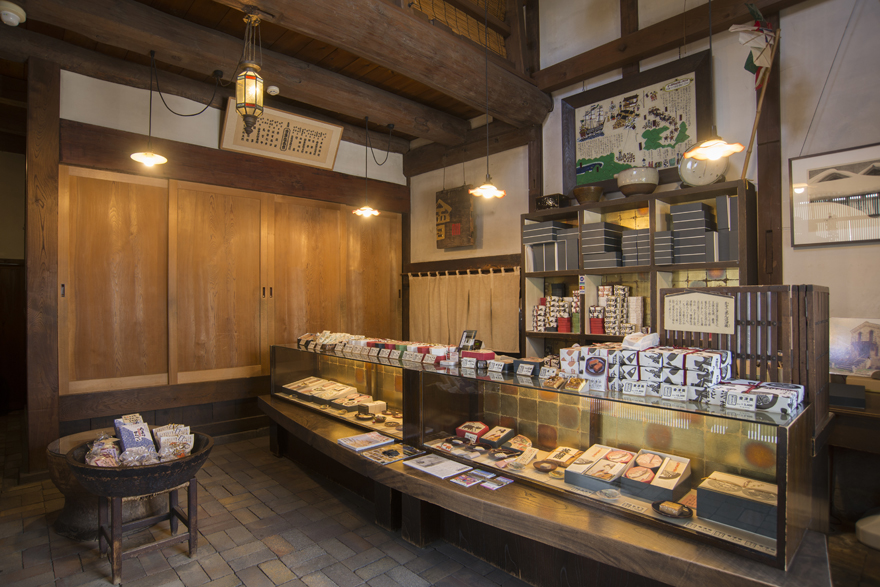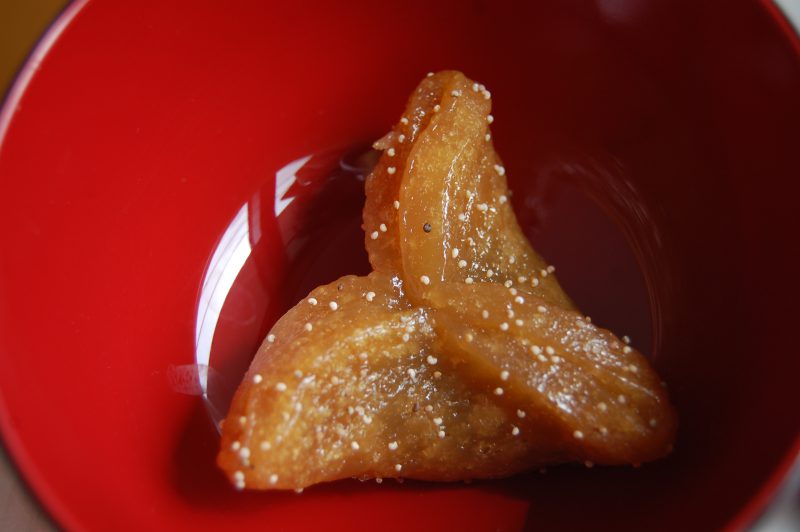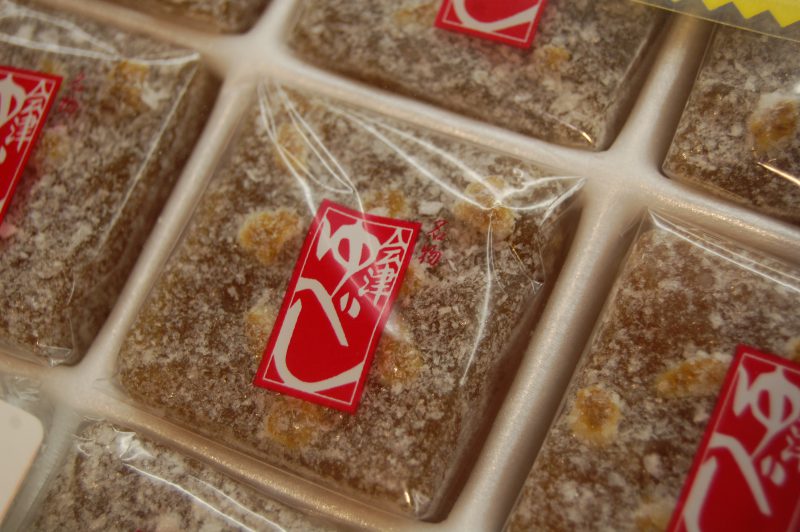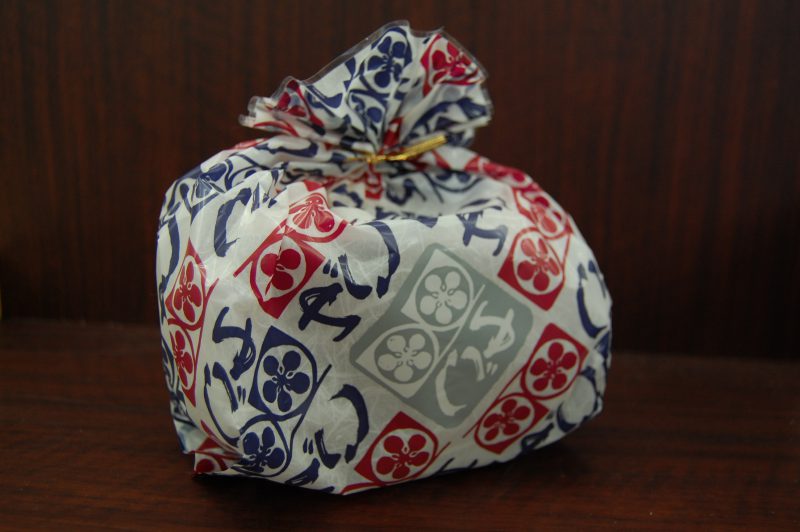Japanese sweets
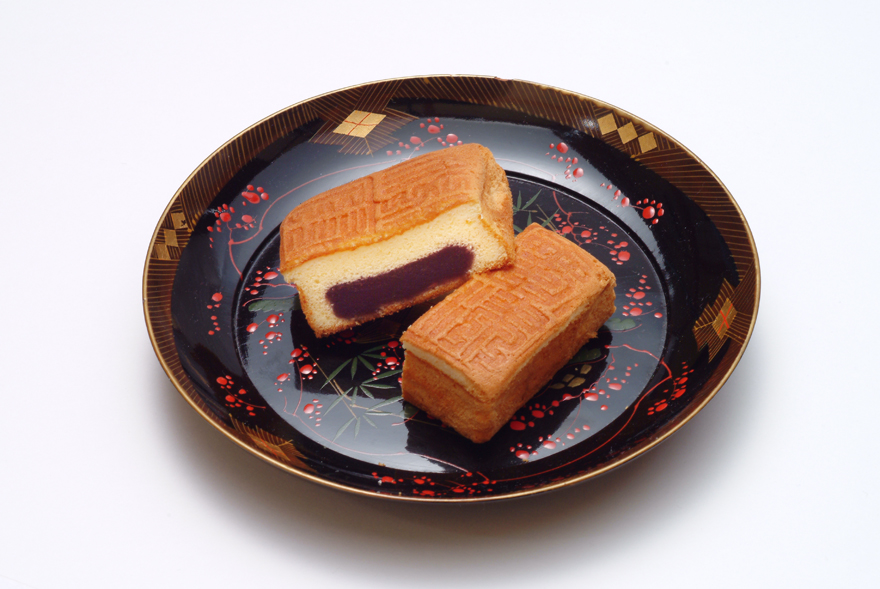
Aizu's confectionary, largely developed from the historical culture and climate, and also tea ceremony that was brought over by Gamou Ujisato. An old fashioned tasting Jokashi was popular among commoners, while the Dagashi was popular among the samurai.
 Aizu Aoi
Aizu Aoi
traditional sweets made using traditional techniques
A shop that uses traditional techniques to make traditional Japanese sweets, under the philosophy that the sweets should excite tasters. The Aizu clan recipies and tea instructions have been passed down from the Edo period to today. In modern times, our sweets shop has maintained a reputation for selling a variety of unique and excellent confections. In particular, our Castella Aizu Aoi, a combination between eastern and western desserts, has been extremely popular since 1962, and has received commendation from the Agency of Science and Technology. It pairs well with everything from black tea, to coffee, to Japanese green tea. The old brick warehouse also hosts the “Aizu Aoi Silk Road” museum, where a variety of beautiful artifacts from the sea and land routes of the Silk Road have been collected.
【Tochimochi Yubeshi】
This is the mochi that represents Aizuwakamatsu
Tochimochi – is a cake with tochi (horse chesnut) which were carefully extracted from the nut over time, with steamed mochi rice. The sweetness of the azuki (red bean paste) and the flavor of tochi together produce an outstanding taste together.
Yubishi is a rice cake using the precious protein source and fat from a walnut that was made before the Edo period.
【TEL】0242-26-5555 【Business hours】9:00~18:00
【Fee】Good-luck Sweets or Koboshi: 980(As of March 1, 2017)
Related Places
-
- Aizu Kozuyu
-
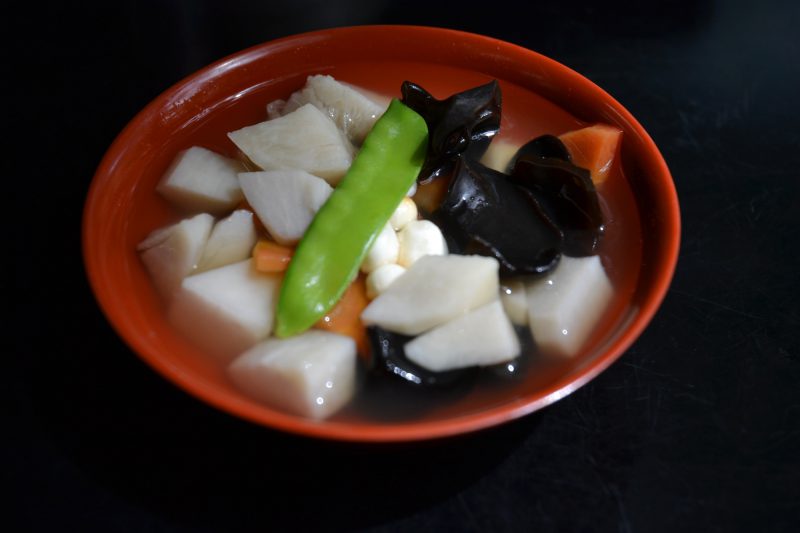
A hearty soup made from dried scallop stock and seasoned with salt and soy sauce. The soup contains satoimo potatoes, carrots, various mushrooms, ginko nuts, and tiny balls of wheat gluten called m.....read more
-
- Café
-
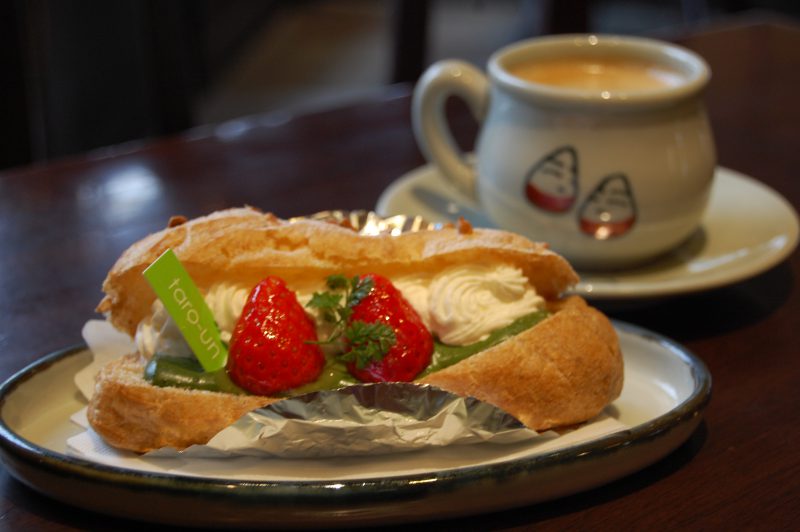
Aizu Ichiban-kan is a café with an antique decor on the first floor of the building that used to house the Kaiyo Iin hospital, where bacteriologist Noguchi Hideyo studied in his youth as a live-in .....read more
-
- Miso Dengaku
-
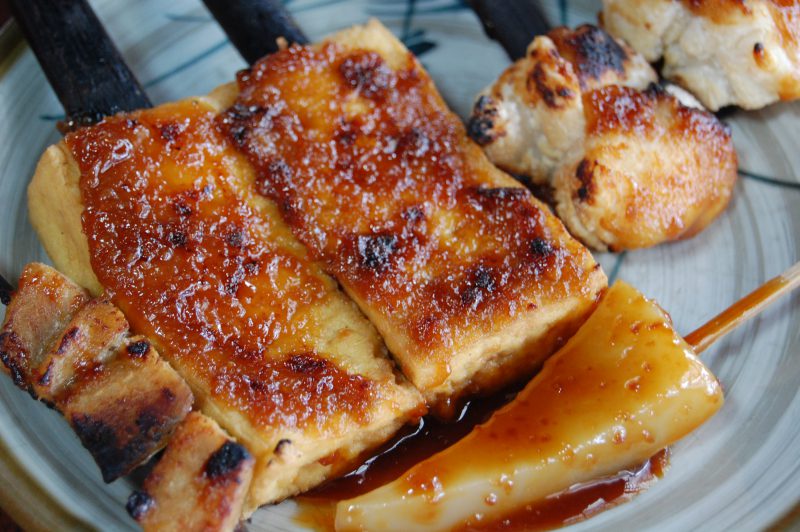
Originally dengaku was a ceremonal dance that included drums, dancing, and flutes, as a ritual for agriculture and rice planting. Now, dengaku is miso drenched fried tofu, becuase of the white clot.....read more
-
- Aizu Sauce Katsu-don
-
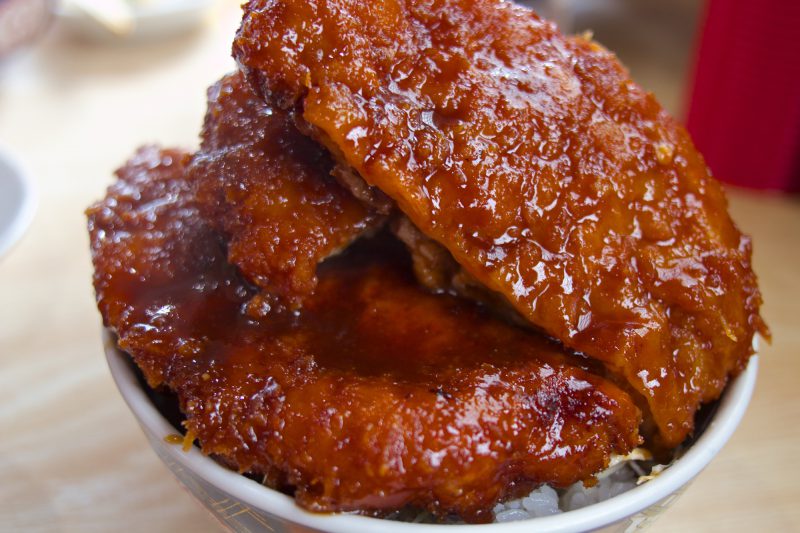
A bowlful of rice is covered with a layer of shredded cabbage and topped with freshly fried pork cutlet flavored with a special sauce. Each restaurant has its own secret recipe for the sauce, in wh.....read more
